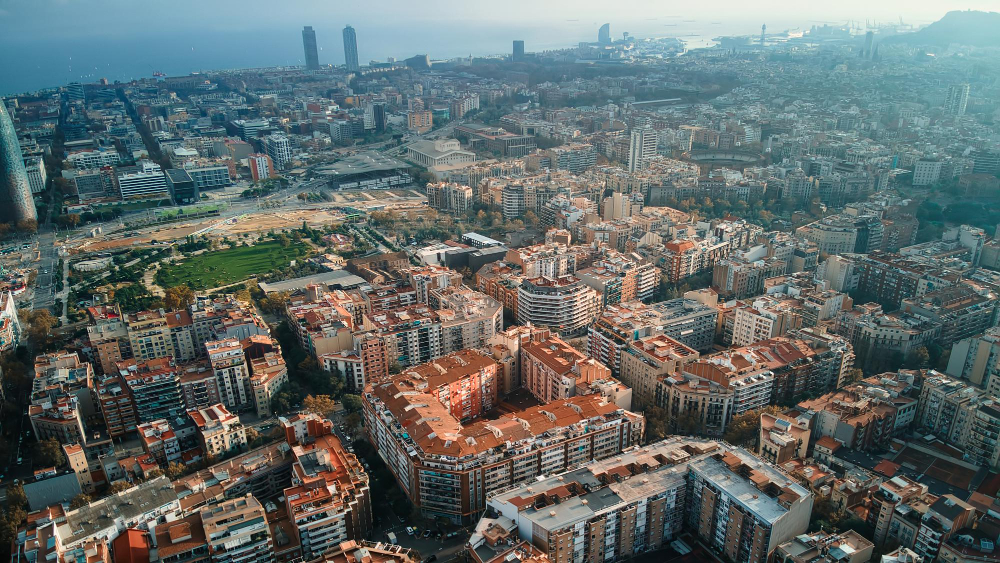16 September 2025 |
The new economy of diverse, inclusive and sustainable cities
We are living in a scenario that is undergoing profound change, both economically and socially. It is therefore essential to develop a new economy based on collaboration and strategic sectors with a high capacity to increase the competitiveness of the economic fabric and generate quality employment. The aim is to transform the current economic model into a more diverse, inclusive and sustainable system.
Barcelona has already paved the way for change in the Pla Barcelona Impulsa (2025-2035), the city's economic roadmap that outlines the economic map of the future. The diversification of the economy with the promotion of sectors such as technology, the care economy, research, the circular economy, cultural industries and the blue economy, among others, will be key to creating a competitive city capable of generating opportunities for its citizens. These are strategic sectors with high growth and wealth-generating potential, but they are also areas that can and must converge with each other to multiply their positive impact on citizens.
The result of this work has already materialised in the strategy of economic activity hubs, a set of facilities specialising in strategic sectors and developed in collaboration with key players in each of them. Their knowledge is key to promoting a project that offers the sector what it really needs to accelerate its growth and increase its positive impact on the city. Barcelona XRLAB was the first facility created through collaboration between Barcelona City Council, via Barcelona Activa, and private actors to promote talent, entrepreneurship and innovation in the audiovisual sector and creative industries. This same formula has been replicated in Barcelona Circular (BAC), a facility specialising in the circular economy that will open on 30 October with the challenge of positioning sustainability as a lever for the transformation of the industry.
The Barcelona Urban Tech HUB on urban innovation is also in the conceptualisation stage, as is a hub on the care economy in ageing. Industry, urban planning and the care economy are strategic sectors for Barcelona, and the new facilities will accelerate their growth and positioning. Generating talent, promoting entrepreneurship, fostering innovation and active participation in the ecosystem are the key ingredients for achieving this.
In addition to public-private collaboration, provided there is a shared goal and commitment, public-public collaboration and collaboration with social partners are key to promoting social and economic development. Examples of this include the Barcelona Agreement for Quality Employment (ABOQ), which has already helped almost 300,000 people since 2021 thanks to the combined efforts of social and economic partners. Another example is the Social Dialogue Table with trade unions and employers' organisations, a space for ongoing dialogue to address the concerns and future challenges of citizens.
In the new economy, it is vital to develop strategic sectors and include technology as a cross-cutting axis of change, but always accompanied by policies with a human vision. Public-private collaboration is also essential to pool knowledge and resources, align challenges and share risks. Only in this way can we define a Barcelona of the future with real opportunities for people, equality and competitiveness in a constantly changing world.


